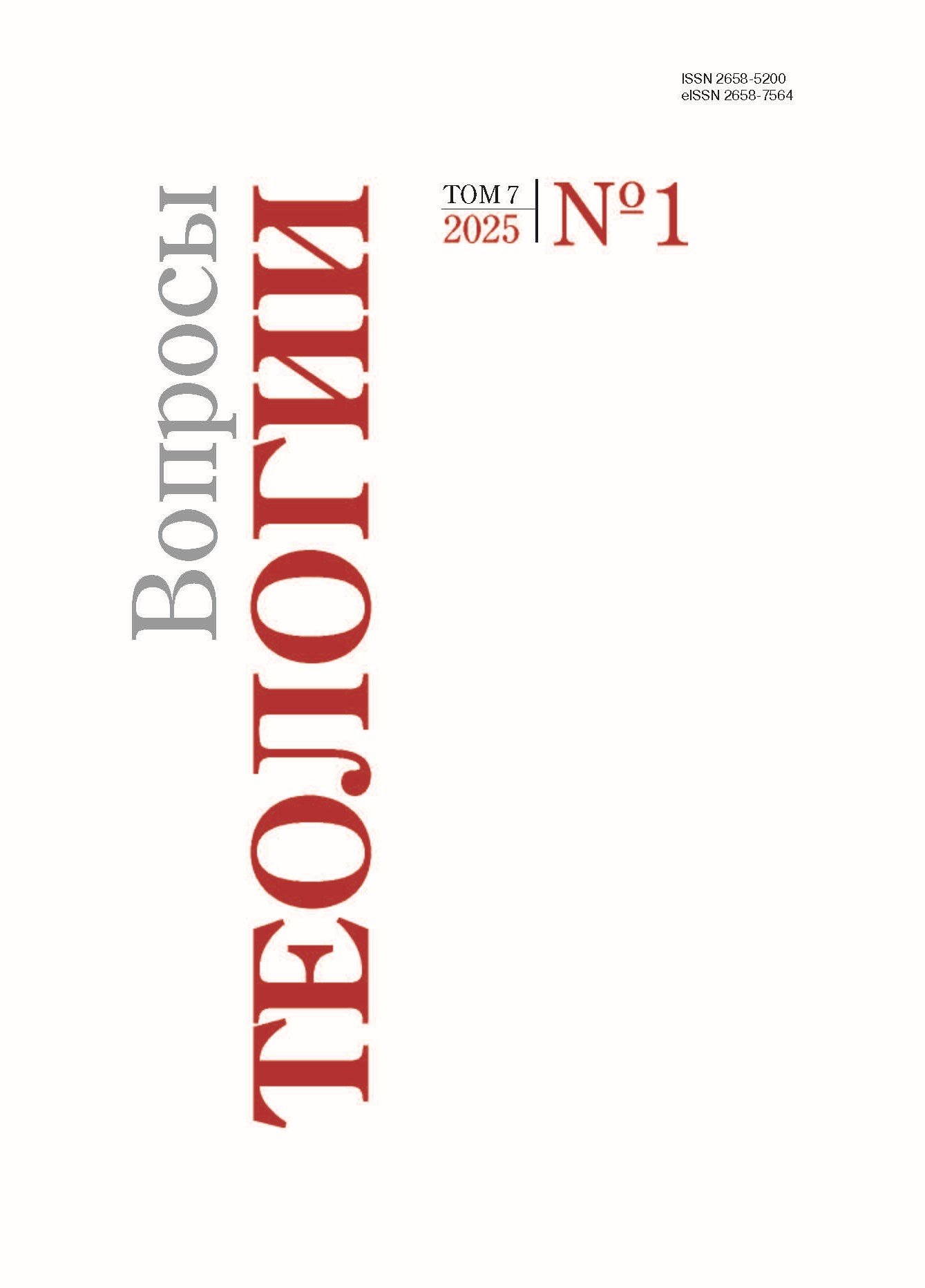Canon law and law enforcement
DOI:
https://doi.org/10.21638/spbu28.2025.108Abstract
The review draws attention to the formal sources of church law, for violation of which bishops are brought to legal responsibility. These are primarily canons. The canons were compiled by church councils and individual church authorities — the holy fathers. The canonical corpus of the Orthodox Church was formed in the IX century. The monograph rightly points out the contradiction of canon law: the declared principle of the immutability of the canons, as social relations evolve, inevitably comes into conflict with the actual requirements of everyday life. This contradiction manifests itself more and more acutely closer to modernity. The Review indicates that the content of the canons may change with the development of church law without changing the text of the canons using the method of concretization of law, which should be distinguished from the method of interpretation of law. It is suggested that many gaps and defects in canon law have accumulated over time. It is proposed to develop a new normative act — the code of canon law. The review analyzes the judicial system and judicial proceedings of the Russian Orthodox Church judicial system. It is suggested that the difficulties in the administration of justice in the Russian Orthodox Church are in some sense related to the fact that the church court performs three functions simultaneously: it is both a judicial body, a law enforcement body, and an investigative body. Perhaps the time has come when it is necessary to divide these functions between different organs of the Church, create an independent body of supervision and investigation and separate it from the body of justice. This will introduce a stricter order into the case review process and shorten the trial time. The review indicates that Russia is a civilizational state. An original legal system was formed in it under the influence of Orthodoxy. The legal system of the Russian Church is consonant with the legal system of the Russian state.
Keywords:
canon law, ecclesiastical law, the Russian Church, ecclesiastical court, law enforcement, concretization of law, interpretation of law
Downloads
References
References
Downloads
Published
Issue
Section
License
Articles of "Issues of Theology" are open access distributed under the terms of the License Agreement with Saint Petersburg State University, which permits to the authors unrestricted distribution and self-archiving free of charge.




